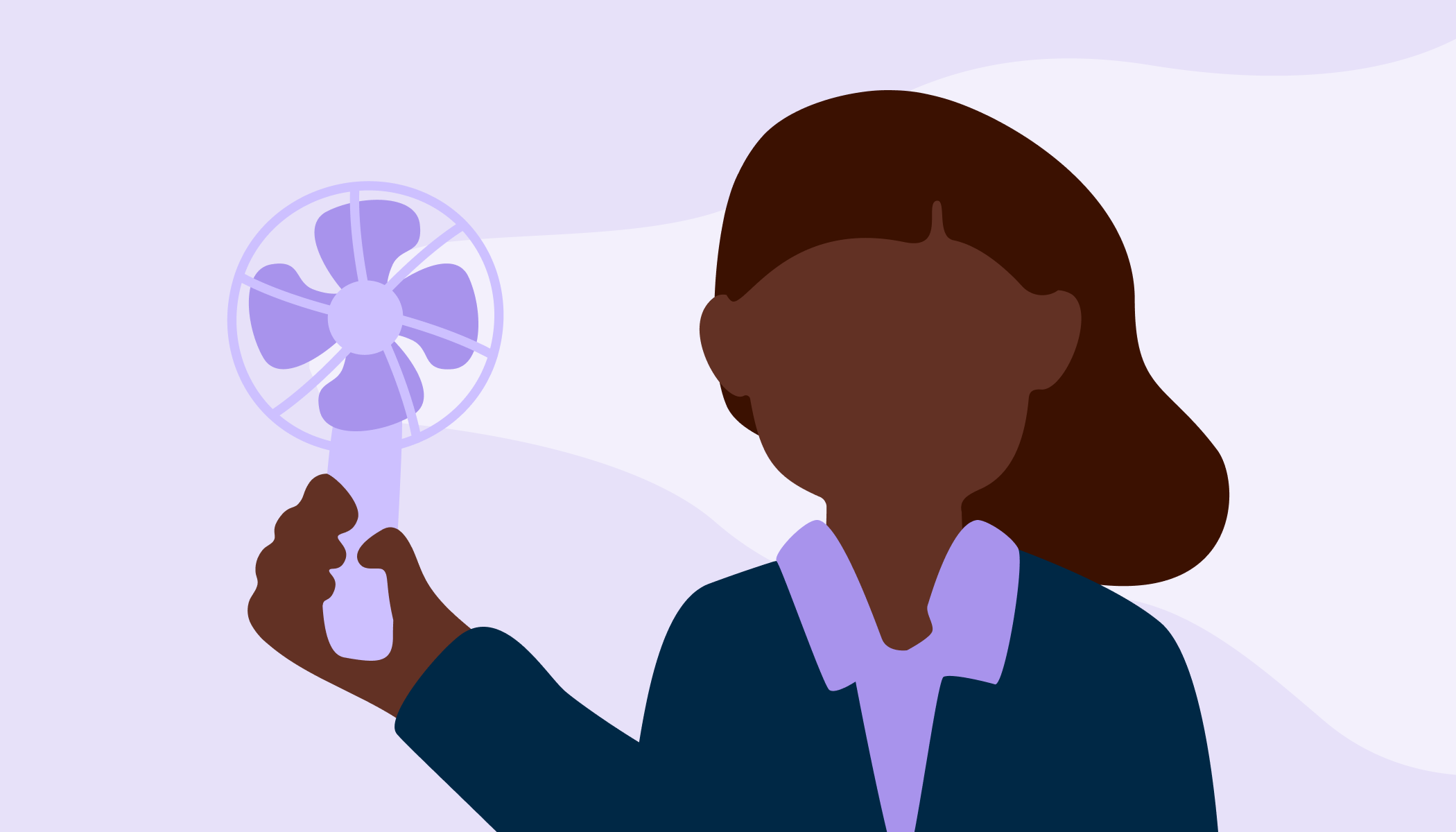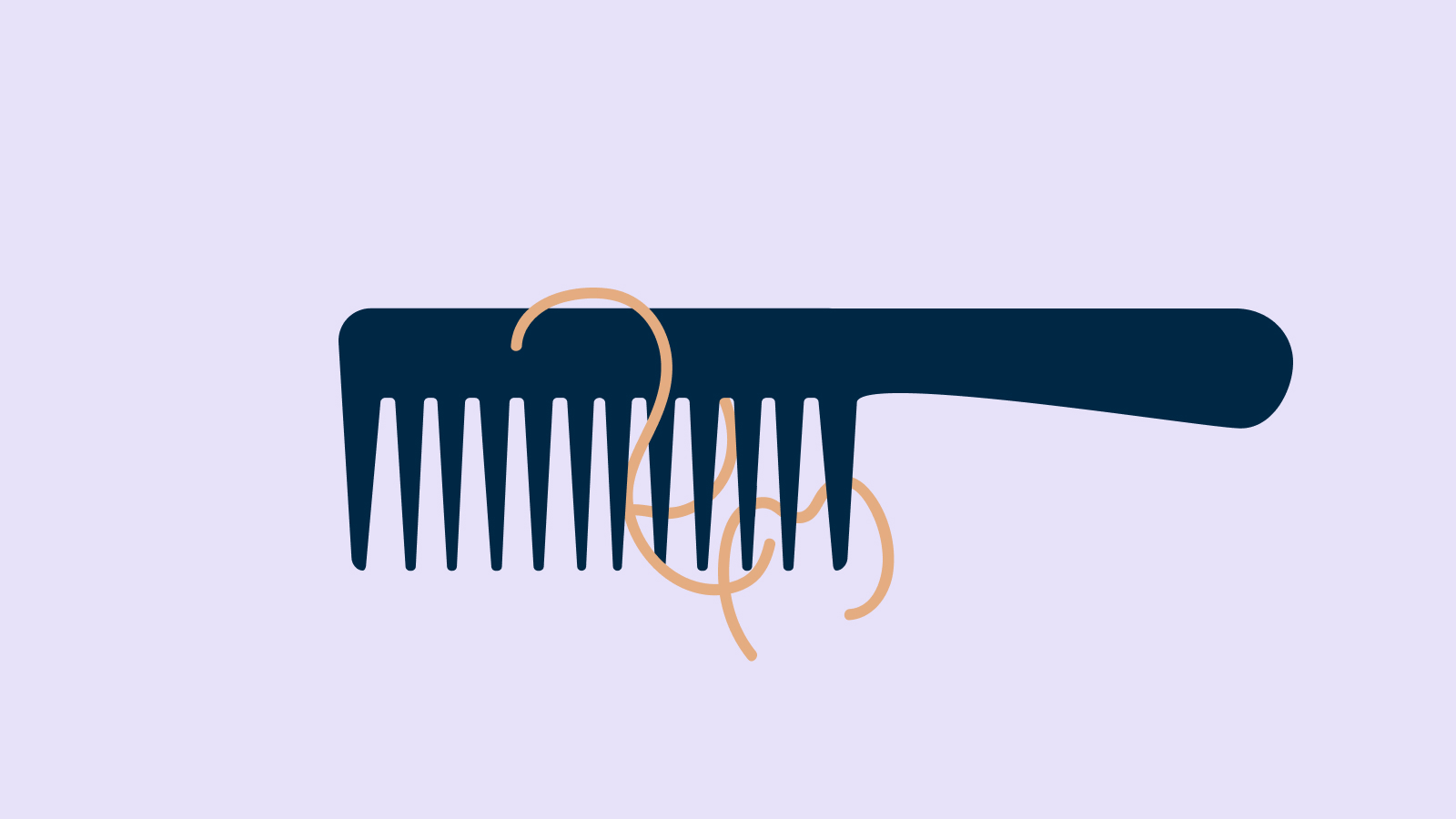There are lots of reasons why women of all ages might experience abdominal pain. It’s extremely common and generally easy to manage if you know the cause.
‘Most lower abdominal pain in females isn’t a sign of a serious condition, but occasionally there can be something that needs investigating. If you do experience this type of pain, it’s helpful to familiarise yourself with the area of the tummy that hurts and how to manage the different types of pain,’ says Dr Rhianna McClymont, Lead GP at Livi.
The lower abdomen refers to the part of your tummy below the belly button. Pain in that area might also be referred to as pelvic pain.
What causes central lower abdominal pain?
A woman’s lower abdomen has two main organs including the uterus (womb) and part of the bowel. Here are some of the potential causes of pain in this area.
Period pain
Period pain is usually a crampy, dull or tight pain in the middle of the lower abdomen, sometimes spreading further into the lower back. It can be very uncomfortable, but many people find they can manage it with a hot water bottle and painkillers like paracetamol and ibuprofen.
Urinary tract infection (UTI)
A UTI or water infection can also cause lower abdominal pain in women, as well as urinary symptoms like burning when you pee, or needing to go to the toilet very frequently or urgently.
Mild urinary tract infections like cystitis often clear up on their own if you drink plenty of fluids, but more persistent UTIs might need a short course of antibiotics, which a GP can prescribe. More severe UTIs can affect the kidneys, and might cause lower back pain on either or both sides, and make you feel generally unwell, sometimes with flu-like symptoms.
It’s important to speak to a doctor as soon as possible if your symptoms are more severe or if you have recurring UTI symptoms.
Pelvic inflammatory disease
Infections in the reproductive system can affect the uterus, fallopian tubes and ovaries. An untreated infection in the reproductive tract can become very serious and lead to long-term problems, so needs to be treated by a doctor.
These kinds of infections are often caused by an underlying sexually transmitted infection (STI), so if you’re sexually active, make sure you have regular sexual health screening.
Pain during sex, spotting or discoloured, smelly discharge can be other symptoms of an STI, or infection of the reproductive system.
What causes pain in the lower left abdomen?
‘Any of the causes of one-sided abdominal pain listed above, can just affect the left side, but there are some reasons that the pain might be only on the left – particularly because the bowel is closer to the end of the digestive system,’ says Dr Rhianna McClymont.
Gas (flatulence)
A common cause for pain on your left side is trapped or excessive wind and bloating. Gas builds up in the digestive tract by swallowing air or as a by-product of gut bacteria breaking down foods. Having some gas is perfectly normal, but having a lot of wind could be a sign of an underlying health issue.
Polyps or diverticular disease
Diverticular disease can affect the lower left side too, or can cause more generalised pain. Polyps are small wart-like lumps in the bowel, and diverticular disease is a condition where the bowel forms tiny pockets that become inflamed and painful.
Diverticulitis and polyps can both cause diarrhoea and sometimes bleeding in the bowel. If you notice [blood in your poo, or if your poo looks black and tarry](https://www.livi.co.uk/your-health/10-things-your-poo-can-tell-you-about-your-health/), it’s important to speak to a doctor straight away.
What causes pain in the lower right abdomen?
Appendicitis
The right lower abdomen contains the part of the bowel where the small intestine meets the large intestine. The appendix is a small part of the bowel which is found where the intestines join, and this can sometimes get inflamed, swollen, and infected. Appendicitis is a painful intestinal disorder that causes intense lower right abdominal pain – although the pain might also spread across the lower abdomen.
Causes of general lower abdominal pain
Muscular pain
Muscular pain can account for some cases of lower abdominal pain. A strained muscle from exercise or an injury can be very painful, affect one or both sides, or be more generalised across the lower abdomen.
Sometimes it’s possible to work out how or when muscular pain started, and this makes it more manageable with regular painkillers and lots of rest.
Pregnancy
Pregnancy causes major changes in a female’s body shape and places a huge amount of strain on the organs and muscles of the lower abdomen. As well as general discomfort in this area, women often experience pain from Braxton Hicks contractions during the later stages of pregnancy, as the muscles prepare for childbirth.
You can always speak to a midwife or your local prenatal team for advice if you have any concerns about your health during pregnancy. There are some less common causes of lower abdominal pain in pregnancy that can be more serious. If you experience any severe, sudden or unexplained pain, or pain alongside unusual vaginal discharge or bleeding, go to your nearest A&E for urgent medical advice.
Ectopic pregnancy
Ectopic pregnancies affect around 11,000 people in the UK every year. Women affected can have problems with one ovary or fallopian tube that leads to lower abdominal pain either in one or both sides. This complication can also cause general or central lower abdominal pain, which is usually very severe.
When to see a doctor
‘Occasional lower abdominal pain isn’t unusual for women, and period pain is a particularly common cause. Most of the time, this type of pain can be easily managed at home with pain relief, hot water bottles, rest or gentle exercise depending on the cause,’ reassures Dr Rhianna McClymont, Lead GP at Livi.
‘Very severe, unexplained or unmanageable pain, with other concerning symptoms, should be checked by a doctor urgently.’ It isn’t always easy to identify the cause yourself, but if you do experience regular pain during your menstrual cycle or notice urinary or bowel problems, make a note of this if you do want to discuss your lower abdominal pain with a GP.



